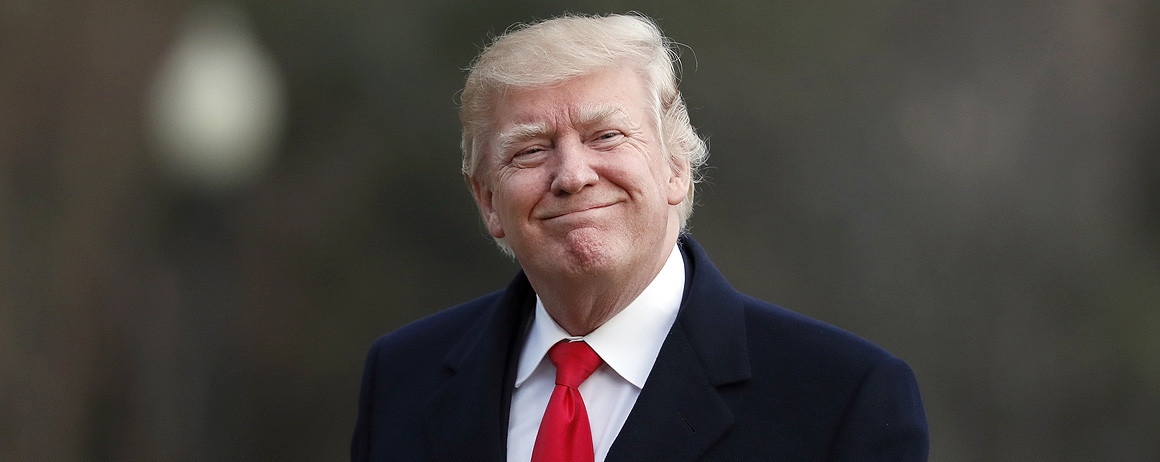ZTE in the clear
June 8, 2018 | Expert Insights

Controversial Chinese telecom giant ZTE has struck a deal with the US government to end crippling sanctions imposed on it. The move has been met with criticism by US lawmakers from both political parties.
Background
China is a major market for US agricultural products, machinery, and cars as well as other products. In 2016, it was the third largest market for US exports. According to the American Apparel & Footwear Association, more than 41% of clothing and 72% of footwear sold in the US are made in China. China's trade surplus with the United States widened in 2017 while total foreign trade volume maintained rapid growth.
The United States and China are two of the largest economies in the world. Each considers the other as a partner in trade and an adversary in geopolitics. US President Donald Trump has previously been a critic of China. He blamed the country for loss of jobs within the US and has often criticized the US trade deficit with China. China's trade surplus with the United States widened in 2017 while total foreign trade volume maintained rapid growth.
Former chief executive of Hong Kong Tung Chee-hwa recently said that a trade war must be avoided. “In such a big relationship, there is bound to be disagreement, but rash action on either side will only create the environment for a very serious trade war, which is not good for any country. Patient discussion and negotiation, particularly considering the long-term prospects of the relationship, will be very important,” he said.
In recent weeks, Washington announced that Chinese imports would be hit with tariffs worth US$60. The trade sanctions triggered retaliation from China’s foreign ministry, which said that Beijing would “take all legal measures to protect our interest.” On March 23rd, 2018, China unveiled tariffs on $3 billion of US imports as a response to the US’ actions. In addition to these tariffs, it has been reported that China will take up legal action against the US at the World Trade Organization. In May 2018, the two countries agreed to call a truce to the trade war.
Analysis
In April, Washington slapped the Chinese multinational telecommunications equipment and systems company, ZTE, with a seven-year ban on purchases of crucial American technology. The sanctions were a result of the company illegally shipping US technology to Iran.
The company has also been accused of conducting espionage on behalf of the Chinese government. In fact, in 2018, moved by these concerns, Pentagon banned sales of its cell-phones on military bases. The UK government has also expressed similar apprehensions.
Despite strong bipartisan support for the sanctions, US President Donald Trump backtracked on them and noted that he wanted to save ZTE and the jobs the company supported. He took to his Twitter platform to note, “President Xi of China, and I, are working together to give massive Chinese phone company, ZTE, a way to get back into business, fast. Too many jobs in China lost.”
Now, US Commerce Secretary Wilbur Ross has confirmed that ZTE has struck a deal with the American government to end the sanctions. This includes a fine that will be paid by ZTE amounting to over $1 billion. "We are literally embedding a compliance department of our choosing into the company to monitor it going forward. They will pay for those people, but the people will report to the new chairman," Ross said during an interview.
The deal also includes a $400 million in escrow to cover any future violations. Ross noted that the terms would competently keep the company in check. "If they do violate it again, in addition to the billion dollars they are paying us up front, we had them put $400 million in escrow. The total deal is $1.4 billion. That money will be forfeited if they violate anything ... and we still retain the power to shut them down again. This is a pretty strict settlement. The strictest and largest settlement fine that has ever been brought by the Commerce Department against any violator of export controls."
It has been criticized by US lawmakers including Republican senators. Marco Rubio, a Republican Senator tweeted, “I assure you with 100% confidence that #ZTE is a much greater national security threat than steel from Argentina or Europe. #VeryBadDeal”. In addition, a bipartisan group of Senators have also introduced legislation that could restore the prior penalties. It remains to be seen if that will pass in the Senate.
Assessment
Our assessment is that as stated earlier, President Trump is eager to cut a deal in the hope of securing a favourable trade agreement with China. We believe that the current geopolitical situation in the Korean peninsula does not allow Trump to opt for a full-blown trade war against China. We feel that ZTE will pose definite threats to the United States in their quest for having secure telecommunication lines.








Comments